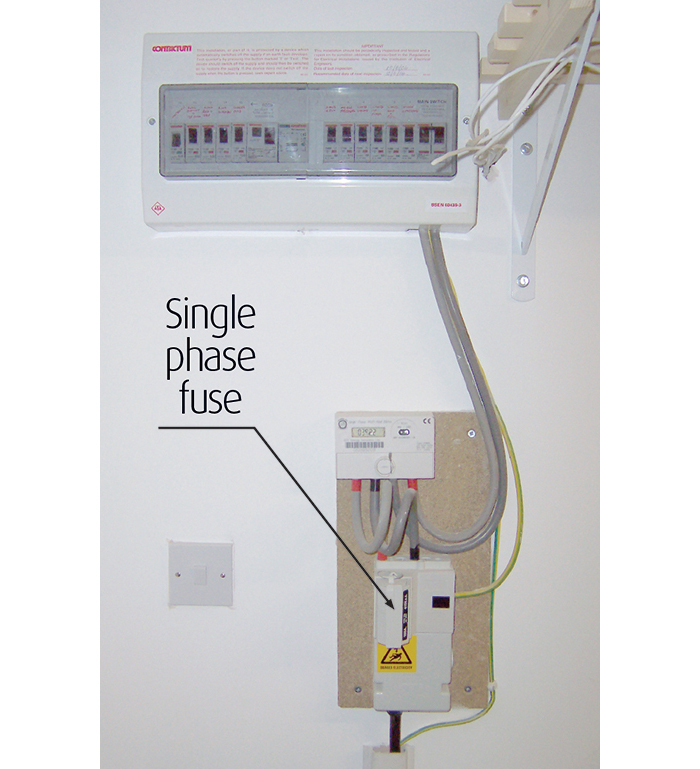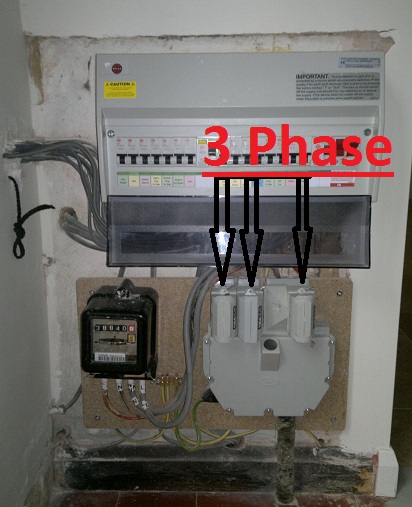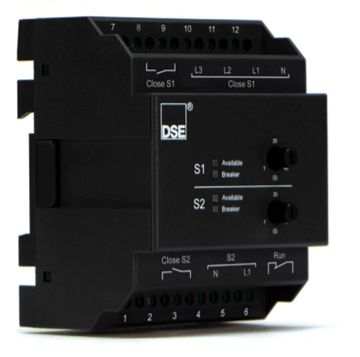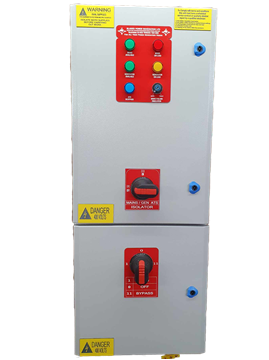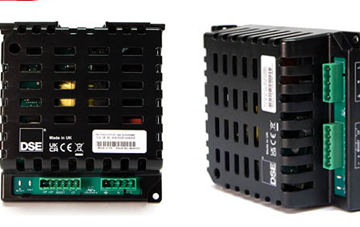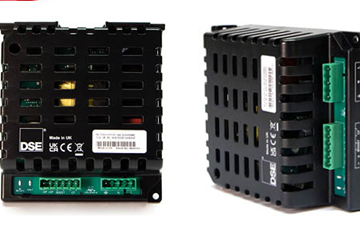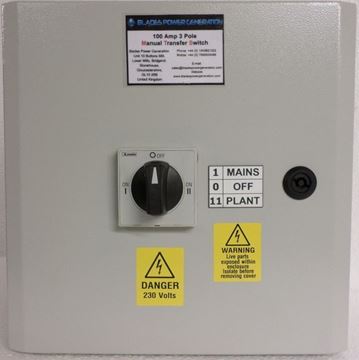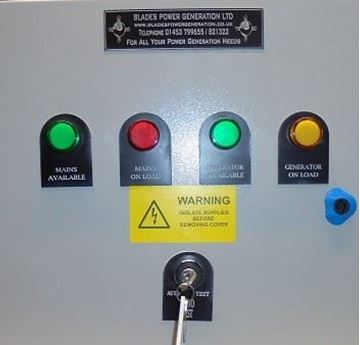One of the biggest arguments for buying a standby generator is that you will always have electricity, no matter what. So, any issues with the electricity supply will not affect you.
This is becoming more and more important in this day and age, particularly with climate change. As we have seen very recently, there have been some very large and powerful storms that have affected homes and businesses in the North-West and Scotland, and it seems that these could become more commonplace. Some homes have been without electricity for as long as two weeks.
When you have a generator as a backup to your business, you can forget about time and productivity losses, because your generator can kick in and take over while the power is down. And there can be more to it than time and productivity losses, because when there is a sudden power outage it can cause serious damage to devices and machinery when the power comes back on if there is a power surge, yet this can be avoided if there is a power backup.
You can also cut down on your electricity consumption in a business by using a generator as a backup during peak hours. Some studies have shown that you can save as much as 40% during this time slot.
A Range Of Sizes
Backup generators come in a range of different sizes, and in order to establish what you need, whether for your home or business, you will need a qualified electrician to calculate the amount of power required. The cost of a 1kW generator is only around £300: a 7kW one would be about £2,000, a 15kW one £6,000, and so on. To this, you need to add the cost of installation which can be around another £1,000.
Now we said that you will always have electricity, and this may, or may not, be true. It depends upon the type of transfer switch that you install. You can have a manual transfer switch or an automatic transfer switch.
As you might guess, if you have a manual transfer switch you have to switch over to the generator manually. That means that if you are not on the premises when the power goes down you won’t have electricity, so if you happen to be away on holiday for three or four days, you can say goodbye to the food in the freezer!
However, an automatic transfer switch will detect when the power goes down, fire up the generator, and within a few seconds the lights will be back on. The choice is yours.













